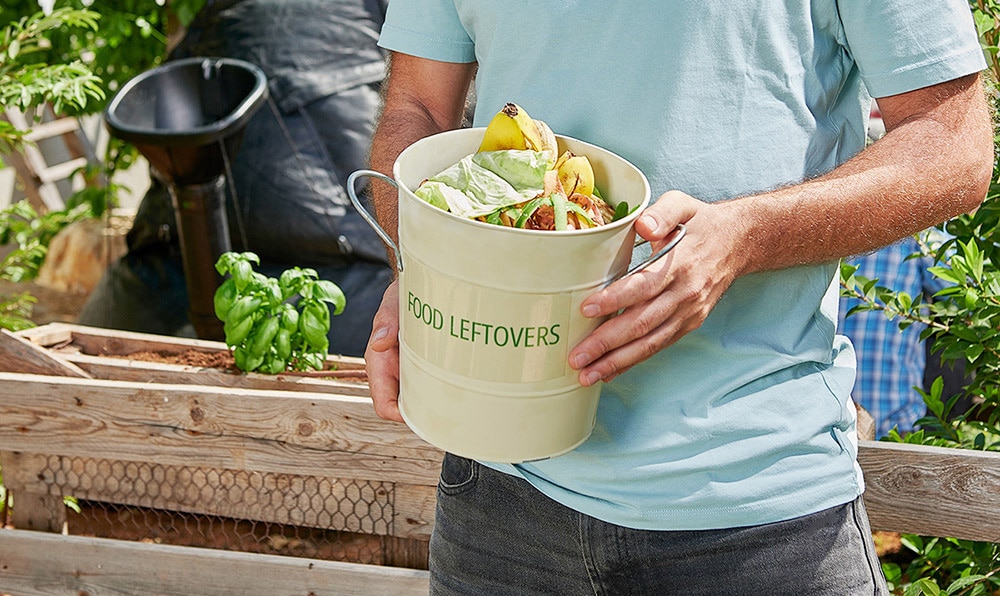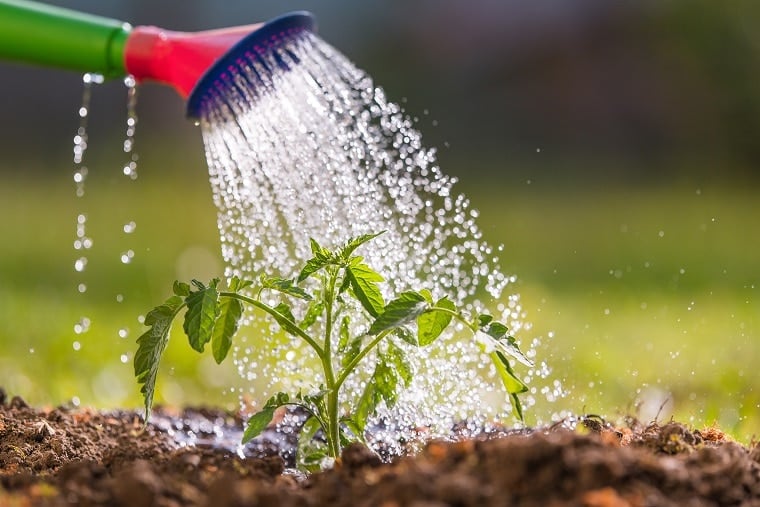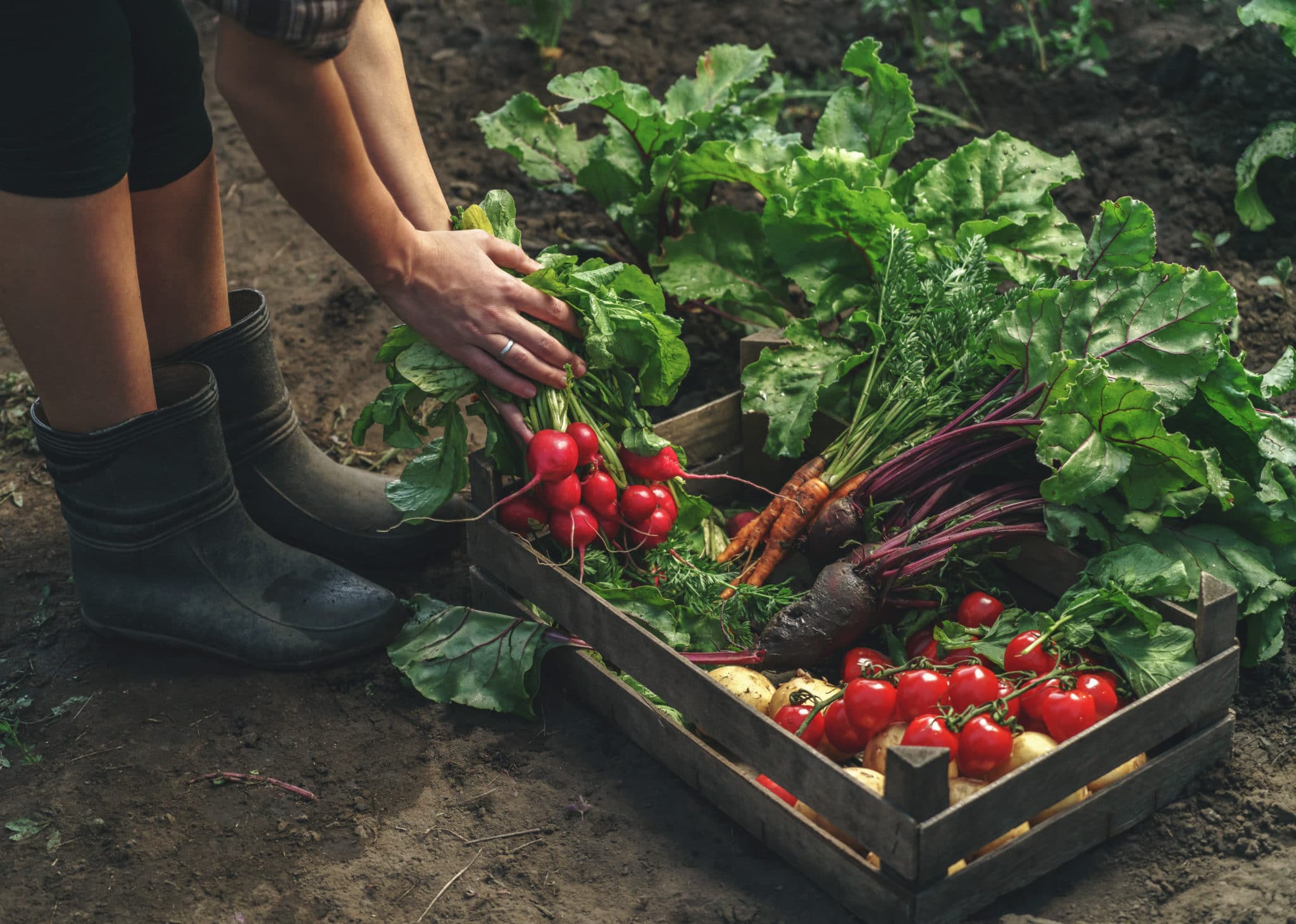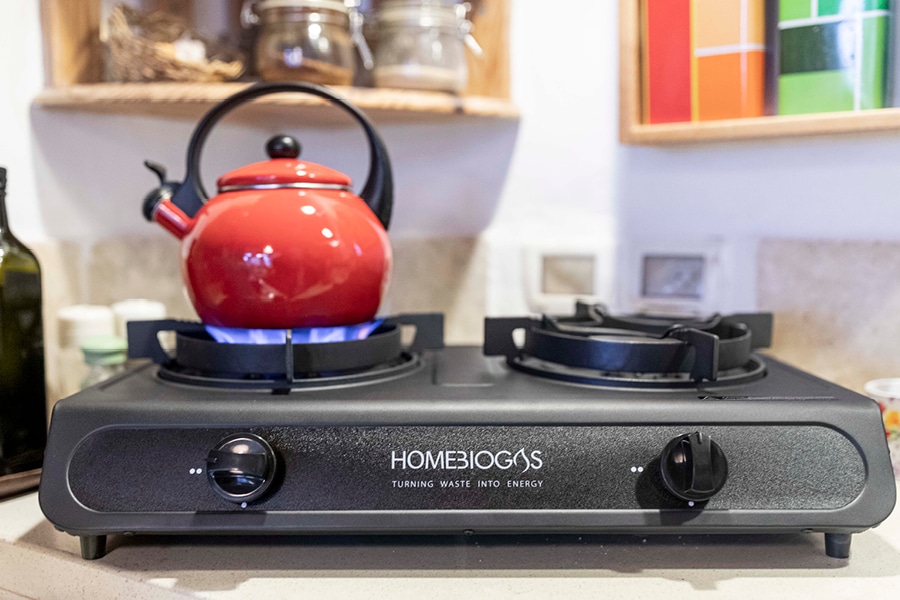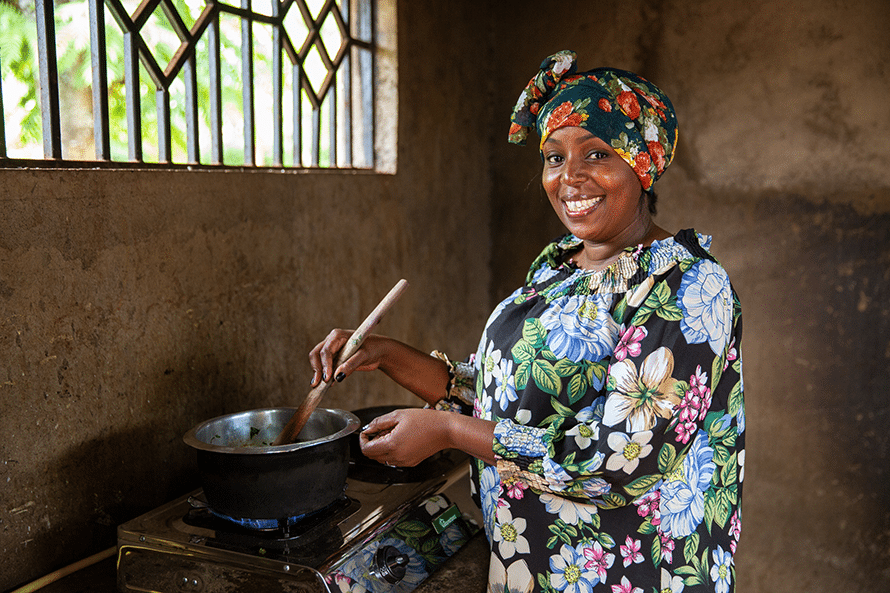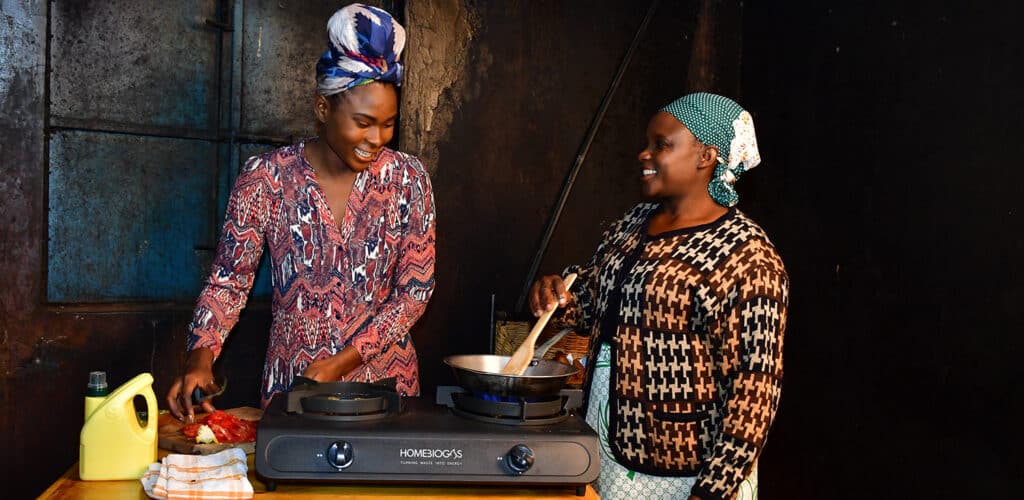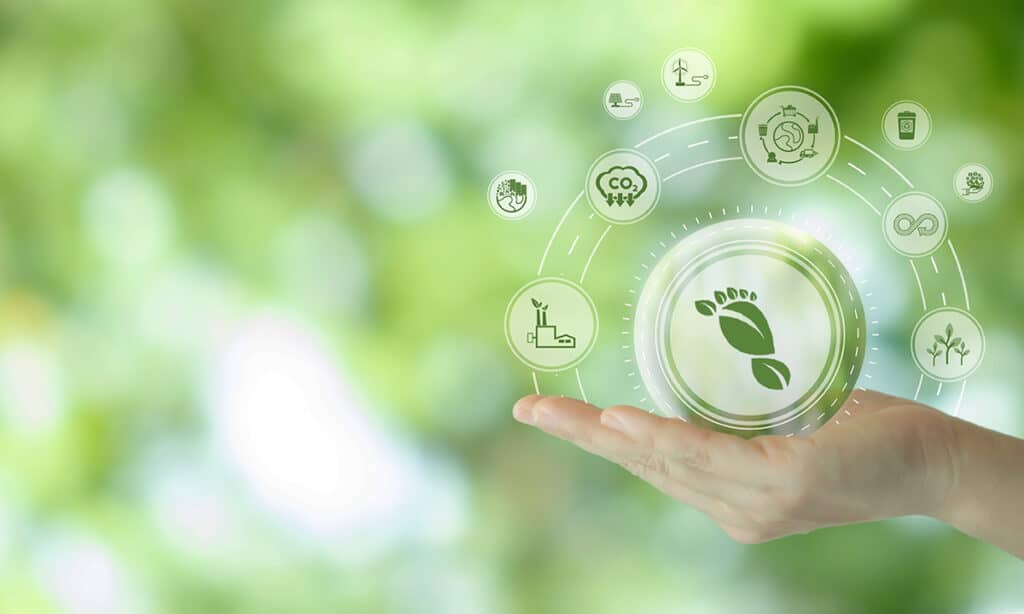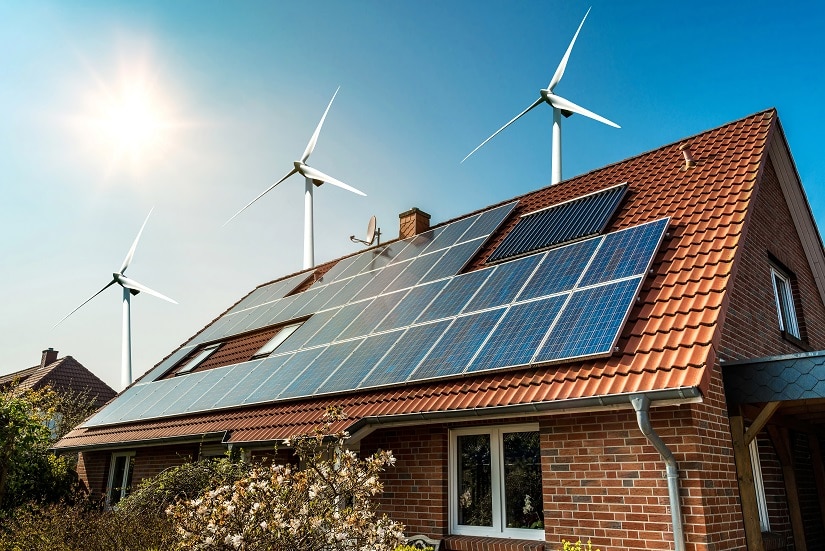
Plan for the Unplanned
Electricity is one of the many things impacted by the constant uncertainty of our times. Electric grids have become increasingly less dependable. Paired with the onslaught of extreme weather, like the freezing conditions that have been hitting Texas, the market for at home power systems has grown. In any situation, it’s common to wait to think of a ‘backup plan’ until the time to use it has already arrived. The best case scenario is that you are prepared far in advance, but oftentimes it takes a situation hitting close enough to home to prompt action.
That was the case for HomeBiogas customers Mike and Brittney when it came to energy resilience. Their family moved to a mountain town in Puerto Rico shortly after Hurricane Maria with the hope of living self-sufficiently. Upon their arrival, they witnessed the hardships their neighbors faced when it came to fueling their homes for food preparation and heating water and knew that being able to produce their own energy resilience was a priority. Not only did they want their family to be prepared for a disaster, but they also wanted to be able to depend on themselves in any situation.
Homeowners who have built new, off-grid homes say they have even saved money because their systems were cheaper than securing a new utility connection.
Ivan Penn, 2022, March 13, “Frustrated With Utilities, Some Californians Are Leaving the Grid”, New York Times
Self-Sufficiency is Trending
Stocking up on toilet paper and bottled water and having a backup source of energy is no longer reserved for the eccentric uncle anxiously awaiting Y2K. The onslaught of natural disasters along with a less dependable electric grid, even in the ‘better off’ places, has brought about increased interest in self-sustainability. The Coronavirus Pandemic has made the trend of having all that we need at home more mainstream.
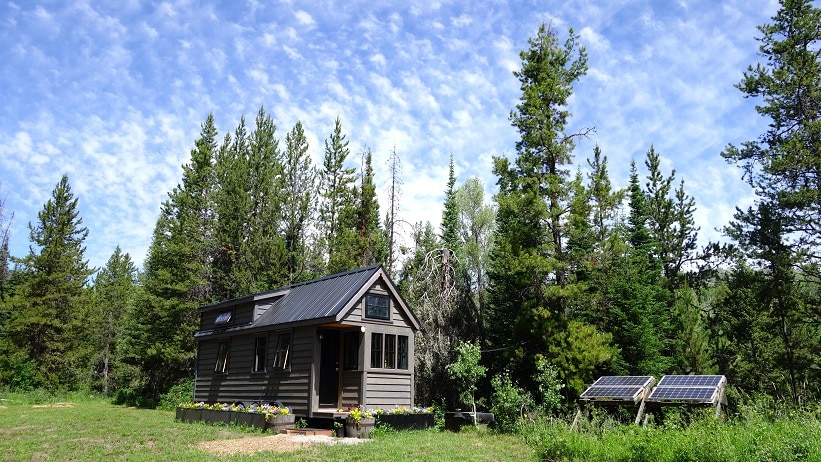
There was a time when having a backup source of energy in a nearby community center would have been enough to calm fears in the case of a huge natural disaster. But with waves of the Coronavirus bringing people in and out of home lockdown and a general feeling that the public safety net is lacking, these public spaces can’t always be relied upon. In the past, it was also these public spaces like community centers and government buildings that had both the need for an additional energy source and were incentivized to rely at least partially on renewable energy because of program grants. Today, renewable energy is no longer reserved for larger public spaces.
Energy Resilience at Home
For Mike and Brittney who live in the mountain town in Puerto Rico, adding a HomeBiogas system to their homesteading lifestyle provided them with a way to rely on themselves for most of what they need. They feed their HomeBiogas organic waste, use the natural gas the system produces to cook their meals on the HomeBiogas stovetop, and nourish their crops with the organic fertilizer that is produced in the system during the biodigestion process.
This trend is also happening closer to home, RMI, a research organization formerly known as the Rocky Mountain Institute, has projected that by 2031 most California homeowners will save money by going off the grid as solar and battery costs fall and utility rates increase. That phenomenon will increasingly play out in less sunny regions like the Northeast over the following decades, the group forecasts (Ivan Penn, 2022, March 13, Frustrated With Utilities, Some Californians Are Leaving the Grid, New York Times).
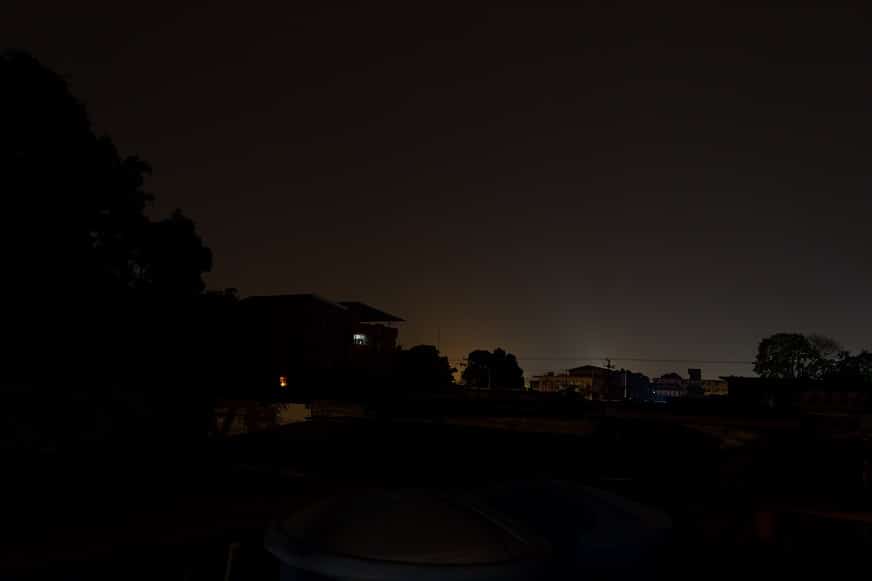
In addition, a recent study suggests that electricity blackouts can be avoided across the nation (US)— perhaps even during intense weather events — by switching to 100 percent clean and renewable solar, wind and water energy sources. (Kasha Patel, 2022, March 4, A year after Texas cold spell, study shows renewable energy could help prevent blackouts, The Washington post)
HomeBiogas – For the Good Times Too!
HomeBiogas offers an accessible, affordable and practical way to be prepared for a loss of electricity. Unlike a generator, which akin to an insurance plan, is a responsible investment that if things go well, you hopefully will not need to use, HomeBiogas isn’t limited to that purpose. The added benefit of the HomeBiogas system is that although it can fall into the category of ‘backup plan,’ it can also be enjoyed everyday.
While a HomeBiogas system can be your backup plan on a day that you are stuck at home and cut off from the electric grid, it will also serve you well on any other day, when you come home from a typical day and want to cook a meal with your family.
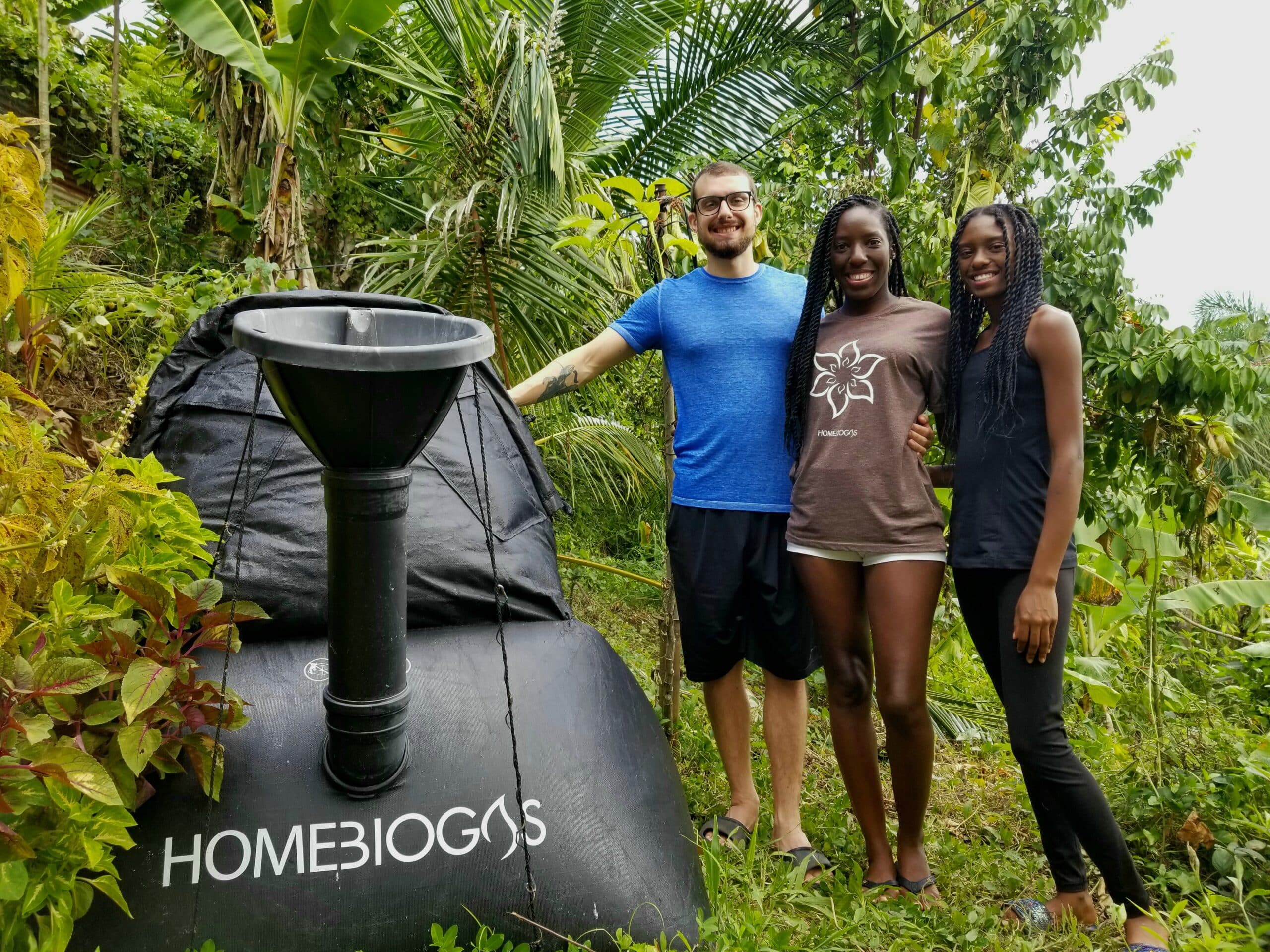
More than a Backup Plan
Looking for an energy source that is more than just a backup plan? With HomeBiogas you don’t need to wait for a bad day to enjoy your investment. Even on the days when you have options, HomeBiogas serves as a cost effective, eco-friendly way to rely on yourself for your needs. Prepare yourself for the hard days as well as the good ones with a HomeBiogas system!
